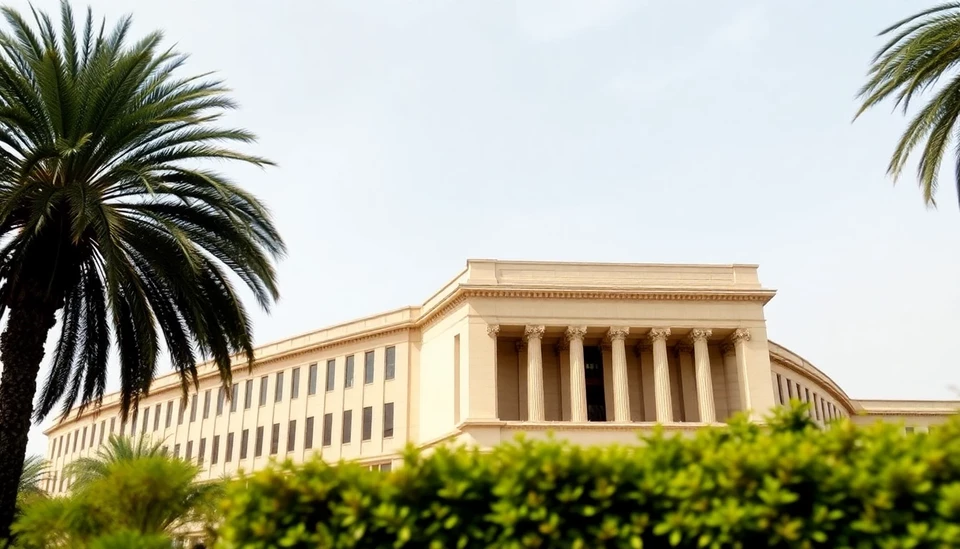
In a significant economic development, Egypt has reached an initial agreement with the International Monetary Fund (IMF) for a crucial loan tranche amounting to $1.2 billion. This financial support comes as Egypt grapples with pressing economic challenges amid fluctuating foreign exchange rates and rising inflation. The agreement marks a pivotal moment in Egypt's ongoing economic reform and stabilization efforts.
The deal was announced by the Egyptian government, which has been working tirelessly to secure external financing in light of the country’s mounting fiscal pressures. The infusion of funds is expected to bolster foreign currency reserves and stabilize the national currency, which has faced considerable depreciation in recent times. This economic turmoil has also heightened the cost of living, prompting further urgency for financial assistance.
Officials from the IMF and Egypt have outlined that this initial agreement is part of a broader financing package aimed at enhancing the country’s economic resilience. The loan will be disbursed as part of a larger ongoing collaboration with the IMF, which also includes policy support and technical assistance. These measures are designed to address structural weaknesses in the economy and stimulate sustainable growth.
As Egypt continues to negotiate the specifics of the agreement, it is clear that the nation is under immense pressure to implement reforms that could attract foreign investments. The recent economic turmoil has highlighted the need for diversification beyond traditional sectors and the importance of improving the business climate.
Analysts anticipate that the approval of this loan tranche could serve as a confidence booster for international investors, potentially leading to an uptick in foreign investments. Furthermore, it is expected to enable Egypt to meet its financing needs while maintaining fiscal discipline in the face of ongoing economic challenges.
Economists have underscored the necessity for Egypt to continue on its path of reform, which includes subsidy cuts, tax reforms, and measures to enhance governmental transparency. The full impact of this agreement, and the subsequent reforms, will be closely monitored by local and international observers as the country seeks to achieve macroeconomic stability and growth.
This agreement with the IMF represents a critical step forward for Egypt as it navigates a precarious economic landscape while striving to ensure financial sustainability for years to come.
As the details surrounding the agreement unfold and more information is released regarding the timeline for the disbursement of funds, stakeholders from various sectors eagerly await the potential positive impacts of this pivotal development. The situation remains dynamic, and ongoing updates will be essential for understanding the full implications of this financing agreement.
Stay tuned for more updates regarding how Egypt will implement these reforms and manage its economic challenges in collaboration with the IMF.
#Egypt #IMF #LoanAgreement #EconomicReforms #FinancialStability #Investment #ForeignExchange #Inflation
Author: Laura Mitchell




